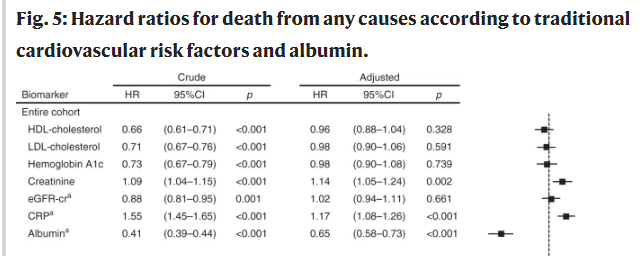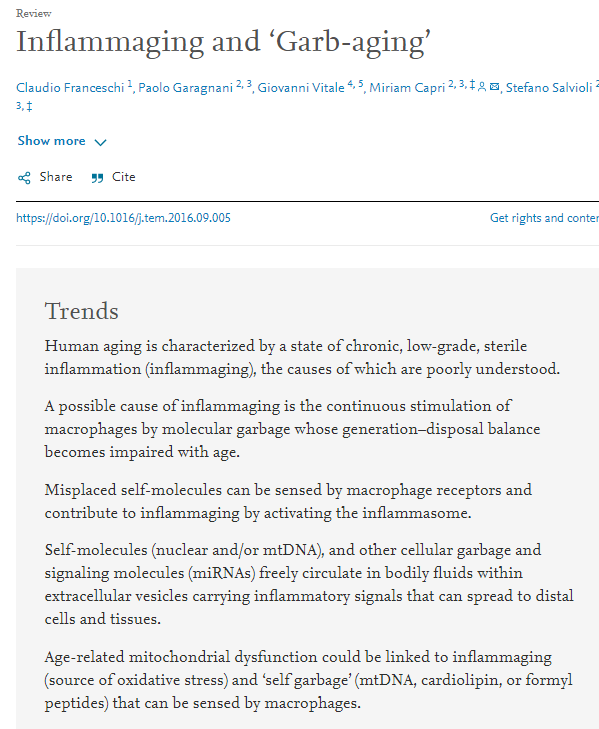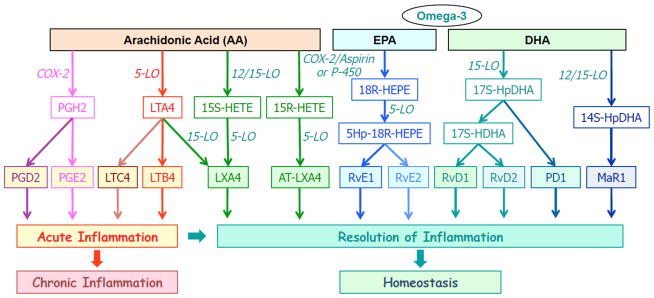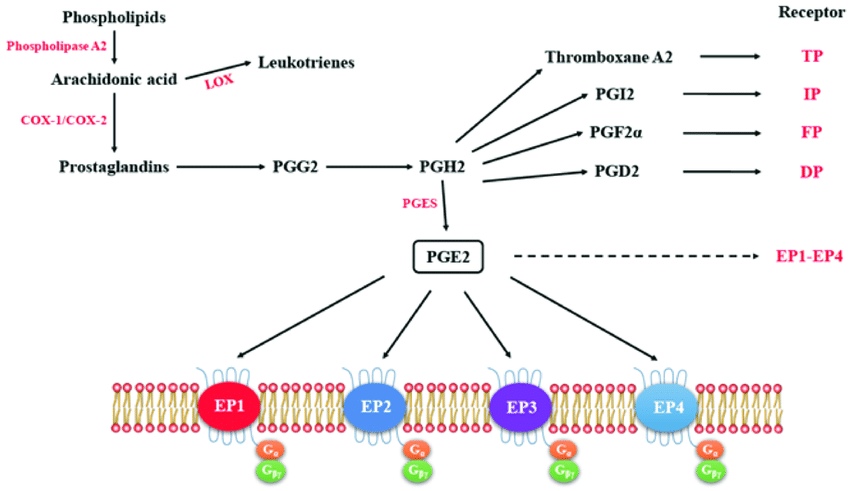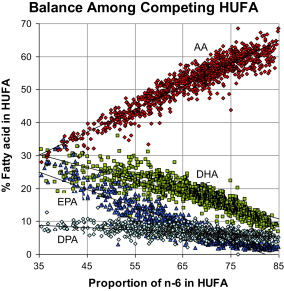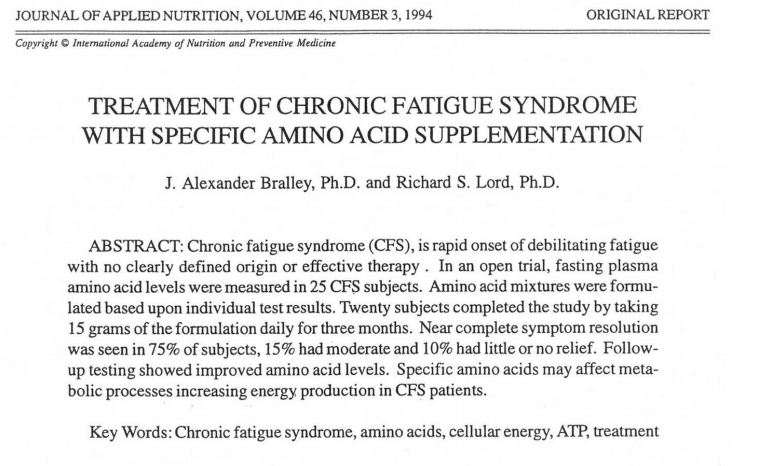
Calorie restriction is the surest, most potent method of slowing aging extending lifespan in animals - and, presumably, humans.
Why?
Thread👇
Why?
Thread👇
Over 85 years ago, Clive McCay discovered that by feeding his lab rats much less than they would eat on their own, they lived longer - a lot longer.
academic.oup.com/jn/article/140…
academic.oup.com/jn/article/140…
Since then, calorie restriction (CR) has been repeated thousands of times, and is the only non-genetic method that has extended lifespan in every species tried.
Clearly, CR targets a process or processes fundamental to living things.
Clearly, CR targets a process or processes fundamental to living things.
There have been many theories as to why CR extends lifespan.
For example, decreased body fat may be important.
jamanetwork.com/journals/jama/…
For example, decreased body fat may be important.
jamanetwork.com/journals/jama/…
Greater insulin sensitivity, which of course accompanies low body fat, seems to be very important to CR effects.
pnas.org/content/103/20…
pnas.org/content/103/20…
However, CR is difficult and not without side effects. Not many people take up CR as a way of life
Fortunately, you don't need to
Animals on CR are so hungry that when fed, they eat all their food at once, and then fast for 24 hours
Maybe some fasting is all that's needed.
Fortunately, you don't need to
Animals on CR are so hungry that when fed, they eat all their food at once, and then fast for 24 hours
Maybe some fasting is all that's needed.
Since CR works through increased insulin sensitivity, maybe there's a way to get that without CR.
Turns out, there is.
"carbohydrate restriction as probably the best way to mimic CR in humans without the need to restrict energy intake."
sciencedirect.com/science/articl…
Turns out, there is.
"carbohydrate restriction as probably the best way to mimic CR in humans without the need to restrict energy intake."
sciencedirect.com/science/articl…
A single session of resistance exercise enhances insulin sensitivity for at least 24 h in healthy men
Just think what happens when you train regularly
pubmed.ncbi.nlm.nih.gov/15761746/
Just think what happens when you train regularly
pubmed.ncbi.nlm.nih.gov/15761746/
Humans become more insulin resistant with older age, but aging itself has little to do with it.
The insulin resistance of aging is almost entirely due to visceral fat.
sciencedirect.com/science/articl…
The insulin resistance of aging is almost entirely due to visceral fat.
sciencedirect.com/science/articl…
*eating low carb, real whole foods, and avoiding ultra-processed foods
*resistance training
*intermittent fasting
all leading to
*good body composition
That's how to mimic CR without actually doing CR.
*resistance training
*intermittent fasting
all leading to
*good body composition
That's how to mimic CR without actually doing CR.
Unfortunately, in the U.S. we're doing the opposite of CR.
We eat too much, we eat the wrong things, and don't exercise properly or enough.
We eat too much, we eat the wrong things, and don't exercise properly or enough.
Visceral adipose (fat) tissue modulates mammalian longevity
Shows that less visceral fat is a key mechanism of CR
The U.S. obesogenic environment promotes visceral fat and thus shorter lifespan.
onlinelibrary.wiley.com/doi/full/10.11…
Shows that less visceral fat is a key mechanism of CR
The U.S. obesogenic environment promotes visceral fat and thus shorter lifespan.
onlinelibrary.wiley.com/doi/full/10.11…
• • •
Missing some Tweet in this thread? You can try to
force a refresh

